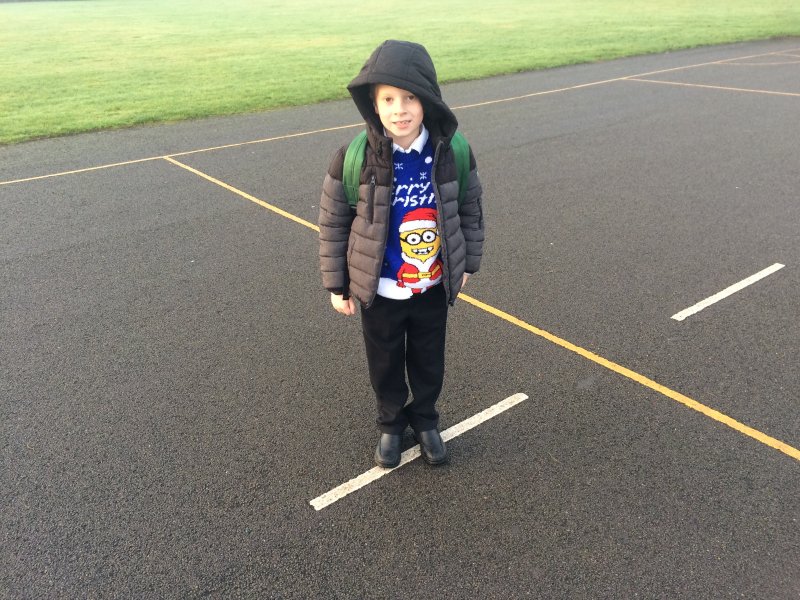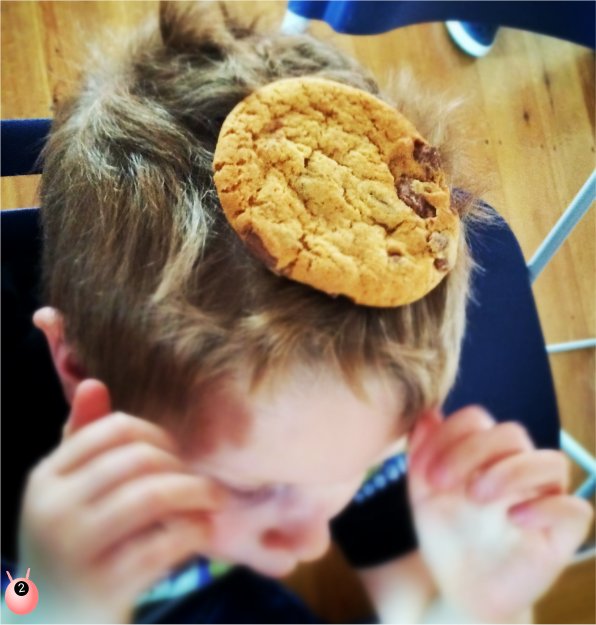About Autistic Spectrum Disorder
Those on the Autistic Spectrum have a triad of impairments (imagination, communication and social relationships) that vary from person to person, which mean that they have ongoing social problems. Additional difficulties may include low self-esteem, mental health, learning, physical and sensory. This is accompanied by restricted and repetitive patterns of behaviours, activities and interest which can limit and impair everyday functioning.
Communication
Problems with communication can be both interpretation and expression – both verbally and non-verbally. Language can be taken very literally and they may be unable to understand tones of voice, idioms, jokes and sarcasm. They also may not understand the social conventions of a conversation – with difficulties such as starting and ending; or saying what may be expected (or rather saying things that are not really deemed appropriate – including just talking about their interest).
Perception
Autism can affect both the way the world is perceived and the way it is interacted with. It is for life and is not something to be “cured.” Every individual on the Autistic Spectrum is different and therefore will not need the same levels of care. The world can be an overwhelming place for those on the spectrum which can cause them considerable anxiety. There is no need to fear that they will not lead a normal life because with the right support they can live fulfilling lives of their choosing.
As everyone on the spectrum is different there are many diagnostic labels that are utilised such as:
- Autism Spectrum Disorder (ASD)
- Autism Spectrum Condition (ASC)
- Pervasive developmental disorder (PDD)
- High-functioning autism (HFA)
- Asperger syndrome
- Pathological Demand Avoidance( PDA).
My Personal Knowledge of Asperger’s Syndrome
I first heard of Asperger’s Syndrome when my younger brother was diagnosed in the 1980s. Since then I fought for my oldest son’s diagnosis, have had my youngest assessed and feel that I may have Asperger’s Syndrome myself.
My oldest son was only 2 years old when I first had him assessed. He wouldn’t sleep, lacked eye contact, aggressive, obsessed with trains and the colour yellow, had to have his food on the plate so that it wasn’t touching and could not generalise things he had learnt socially from one situation to the next. He would even end up putting himself in dangerous situations by doing things such as tying his shoe laces up in the middle of the road. But they concluded that he could not be on the autistic spectrum as he had imaginative play (I still would argue that he had learned to copy what he saw in the Thomas films and acted it out). Even at the tender age of five years of age his school would exclude him (several times and not under nice conditions) for his behaviour but not do anything to help.
Then we moved to Wales where the school were supportive. Each day the Head teacher would come and see him, helping him to settle in each day. They spent a lot of time helping him to understand what was expected of him and worked on his eye contact. Unfortunately we had to move again and he went to another school. Now his behaviour was blamed on him being unsettled. But finally at aged 10 the new place asked if we had ever heard of Asperger’s Syndrome and he eventually was diagnosed. Now that son has grown up and is doing really well. He is not without needs but he has passed his driving test, had a job (even if he couldn’t hold on to it for very long) and moved away to University.
Posts Related to Autistic Spectrum Disorder
- Autistic Spectrum 10 things you should know
- STAARS Project Early Detection of ASD/ADHD in Infants
- Rubbish Parenting – The Battles whilst Fighting for Support
- Resistance to Change
- Adapting life at Christmas to Make things Easier
- The benefits of having a Teenager with Aspergers Syndrome
- Bullying and Autistic Spectrum Disorder
- Alone at Playtime
- Could a Diagnosis have saved our Heartbreak?
- Teen with Aspergers Syndrome Passes Driving Test
- Claiming Personal Independence Payment with Aspergers Syndrome
- Child Safety and the Internet
- Speaking and Listening
- Do disabilities make the person?
- Is it down to parents to fight for a fair education?
- Inclusion means not being different
- Is there any point in seeking a diagnosis of Aspergers Syndrome as an adult



